Ozioma Agaecheta speaking at the Borderless 3.0 event in Port Harcourt today shared insights on user-centered engineering. He noted that product frameworks must revolve around the user rather than the product itself.
Agaecheta began by outlining the fundamental shift from a traditional project-building mindset to a user-centered approach. He stressed the importance of understanding how users interact with an interface, highlighting that effective user experience (UX) is pivotal in building successful projects.
Central to his discussion were three core principles: early user involvement, iterative design, and empirical measurements. Agaecheta underscored that engaging users early ensures that products are developed with their needs in mind, rather than imposing a completed product on them. This early engagement fosters a sense of ownership and relevance, significantly enhancing user satisfaction.
He also elaborated on the iterative design process, emphasizing its straightforward nature. By continuously refining products based on user feedback, developers can create solutions that are not only functional but also enjoyable to use.
Additionally, empirical measurements provide the necessary data to inform decisions, making the development process more accountable and effective.
Ozioma Agaecheta outlined four key processes in user-centered engineering: Understand, Design, Evaluate, and Iterate. This structured approach allows teams to systematically address user needs, ensuring that the final product aligns with expectations and requirements.
To illustrate the benefits of this methodology, he shared a case study highlighting how Netflix saved over $1 billion in customer retention through a user-centered strategy. This real-world example reinforced his point that prioritizing customer experience can lead to significant financial benefits.
Concluding, Agaecheta encouraged attendees to start small, measure impact, and scale effectively, positioning user-centered design as a pathway to sustainable success in any industry.
